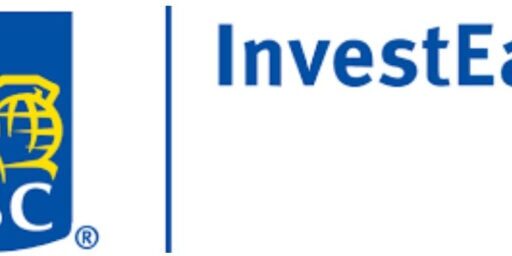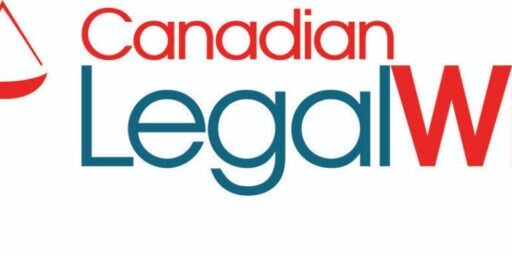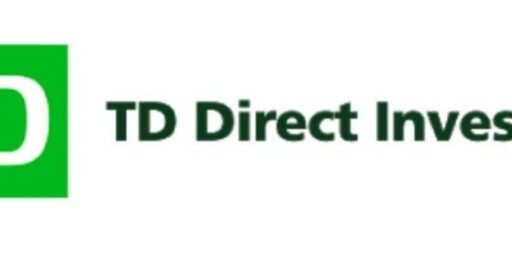Net Worth Update June 2013 (+0.17%) – Summer Stock Market Volatility
Welcome to the Million Dollar Journey June 2013 Net Worth Update. For those of you new to Million Dollar Journey, a monthly net worth update is typically posted near the end of the month (or beginning of the next) to track the progress of my journey to one million in net worth, hopefully by the time I’m 35 years old (end of 2014 – soon!). If you would like to follow my journey, you can get my updates sent directly to your email or you can sign up for the Money Tips Newsletter.
Lets start off with one of the favorite topics here on MDJ – the stock market! Last month I wrote about the May to October unfavourable period for the stock market. Perhaps the markets were too lofty prior to entering this period, but they certainly have corrected in June. The TSX dropped 3.8% including dividends (via XIU) while the SP500 fared better dropping 1.6% including dividends (via SPY).
I suspect that volatility will continue until early fall but that’s not to say that I’m not buying. I’ll keep buying as long as valuations are reasonable. What helps is to have an investment strategy and sticking with it. For me, it’s buying long term dividend stocks that have a history of increasing their dividends. Here is a more detailed post on when to buy dividend stocks. Most recently, I have added to my REIT, utility and telecom positions.
With my RRSP containing mostly U.S dividend stocks, the drop seemed to match the SP500 drop for June. Along the same lines, I expected my leveraged Canadian dividend portfolio to drop significantly alongside the TSX, however, it was pretty resilient this month only dropping 0.8%. Having said that, it appears that as the portfolios get larger, the more they affect net worth growth. Overall though, I’m grateful for the positive month.
On to the numbers:
Assets: $872,200 (+0.18%)
- Cash: $4,500 (+0.00%)
- Savings: $20,000 (+0.00%)
- Registered/Retirement Investment Accounts (RRSP): $152,500(-1.74%)
- Tax Free Savings Accounts (TFSA): $51,500 (-1.90%)
- Defined Benefit Pension: $45,400 (+0.66%)
- Non-Registered Investment Accounts: $165,000 (+3.77%)
- Smith Manoeuvre Investment Account: $123,500 (-0.80%)
- Principal Residence: $309,500 (+0.00%) (purchase price adjusted for inflation annually)
Liabilities: $105,900 (+0.28%)
- Principal Residence Mortgage (readvanceable): $0 (0.00%) (Paid off in 2010!)
- Investment LOC balance: $105,900 (+0.28%)
Total Net Worth: ~$766,300 (+0.17%)
- Started 2013 with Net Worth: $690,400
- Year to Date Gain/Loss: +10.99%
In my last update, readers suggested to chart my net worth progress over time. Below are the net worth values since Dec 2006 with data points taken semi annually.
- December 2006: $198,500
- June 2007: $254,695
- December 2007: $279,300
- June 2008: $310,483
- December 2008: $309,950 (rough second half)
- June 2009: $355,850
- December 2009: $399,600
- June 2010: $456,910
- December 2010: $505,800
- June 2011: $558,713
- December 2011: $585,228
- June 2012: $631,400
- December 2012: $690,400
Some quick notes and explanations to net worth questions I get often:
The Cash
The $4,500 cash are held in chequing accounts to meet the minimum balance so that we pay no fees (accounting for regular bill payments – ie. our credit card bill). Yes, we do hold no fee accounts also, but I find value in having an account with a full service bank as the relationship with a banker has proven useful.
Savings
Our savings accounts are held with PC Financial and ING Direct. We usually hold a fair bit of cash in case “something” comes up. The “something” can be anything that requires cash such as an investment opportunity that requires quick cash or maybe an emergency car/home repair. We also need cash to cover any future tax liabilities.
Where Does the Savings Come From?
We don’t live a lavish lifestyle (how we save money) and do not carry any bad debt. The only debt we have is an investment loan (which pays for itself), so we end up pocketing a majority of our earnings. Our earnings come from salaries, private business income (via dividends to shareholders), and eligible dividends from publicly traded companies.
Real Estate
Our real estate holdings consist of a primary residence and REITs plus a rental property. The value of the principal residence remains valued at the purchase price (+inflation) despite significant appreciation in the local real estate market.
Pension
The pension amount listed above is the value of both of our defined benefit pension plans. I basically take the semi annual statement and add the contribution amounts (not including employer matching) on a monthly basis. The commuted value of the pensions are not included in the statements as they are difficult to estimate.
Updated 2013 – My wife has recently changed her job position which has resulted in switching from a defined benefit plan to a defined contribution plan. This amount will be added to the RRSP totals going forward.
Stock Broker Accounts
Another common question is which discount broker do I use? We actually have accounts with multiple institutions. I’m hoping to reduce the number of accounts that we hold in the near future. Here is a review of some of the more popular online stock brokers.










Good job so far MDJ – I was surprised to see that the growth is so linear on your chart but its definitely going in the right direction, and fast!
Regards,
Michael
@Dwilly
I too use both. With the company plan, I am indexed since all you have access to is mutual funds. Otherwise, it’s about income generation. My discount broker has tools to compare my performance against an index and I don’t have conclusive numbers yet as I have been with that discount broker only one year now. The short movements are too much to really draw a conclusion. My gut feeling is that it takes about 3 years to see a good comparative analysis. If you old non-growth stocks, such as REITs, it really makes a big difference too.
@Dwilly, I think the key is to stick with a strategy for the long term. I like and recommend the index strategy, and use it myself for the RESPs and my wife’s RRSP. Unfortunately, I only started tracking my investment performance of my Canadian dividend portfolio in 2012 which returned 11.5% (the TSX returned 5.4%). But for my purposes, I’m not focused on capital appreciation of the portfolio, but rather dividend income growth.
Btw enjoy the blog. I’m in a similar “life” boat to you. About 31 now, thinking I could have a real shot at 1m net worth by 35 to 40. I only really figured out what I was doing wrong in terms of investing in the last couple years, but think I’m doing better now.
Cool thanks for the link. I’m a couch potatoer, through and through. Just five or six of the most diversified, low cost ETFs I can find. Not that I think it’s impossible to do better than the index, just that I don’t think I have the time and/or ability to be the one who does. How has the performance of your picks held up compared to a broad index over the years?
As a follow on to the question above, do you track your investment returns separately from total net worth? So that you know which portion of the total net worth increase is coming from savings versus growth? It seems clear that this month, actual investment returns were negative. Which is okay, you certainly can’t expect to be up every month. But I think it’s important to know that your investment returns are decent, and that you’re not just growing net worth due to savings alone.
@Dwilly, yes I track investment returns at the end of the year. You can see some of my portfolio here: https://milliondollarjourney.com/category/portfolio
Absolutely that saving has been the majority of our net worth gains over the years. No matter how high the income, whether it’s business or personal, in order to build net worth, income needs to be higher than expenses (ie. savings). I consider investing to be a way to slowly grow savings over time.
@passive income earner, I’m guessing that when we get to the point of living off our portfolio is when our investment growth will overshadow our savings.
That’s what I see too, savings are the only real vehicle increasing the net worth.
Even with an investment philosophy, working hard and saving is the only real way to get ahead.
Well done on your continued growth. Would you say that your saving rate is really the biggest factor or your investment? At which point do you think you’ll see your investment growing your nest egg faster than your savings?
Thought the chart was really interesting – thanks very much for posting it